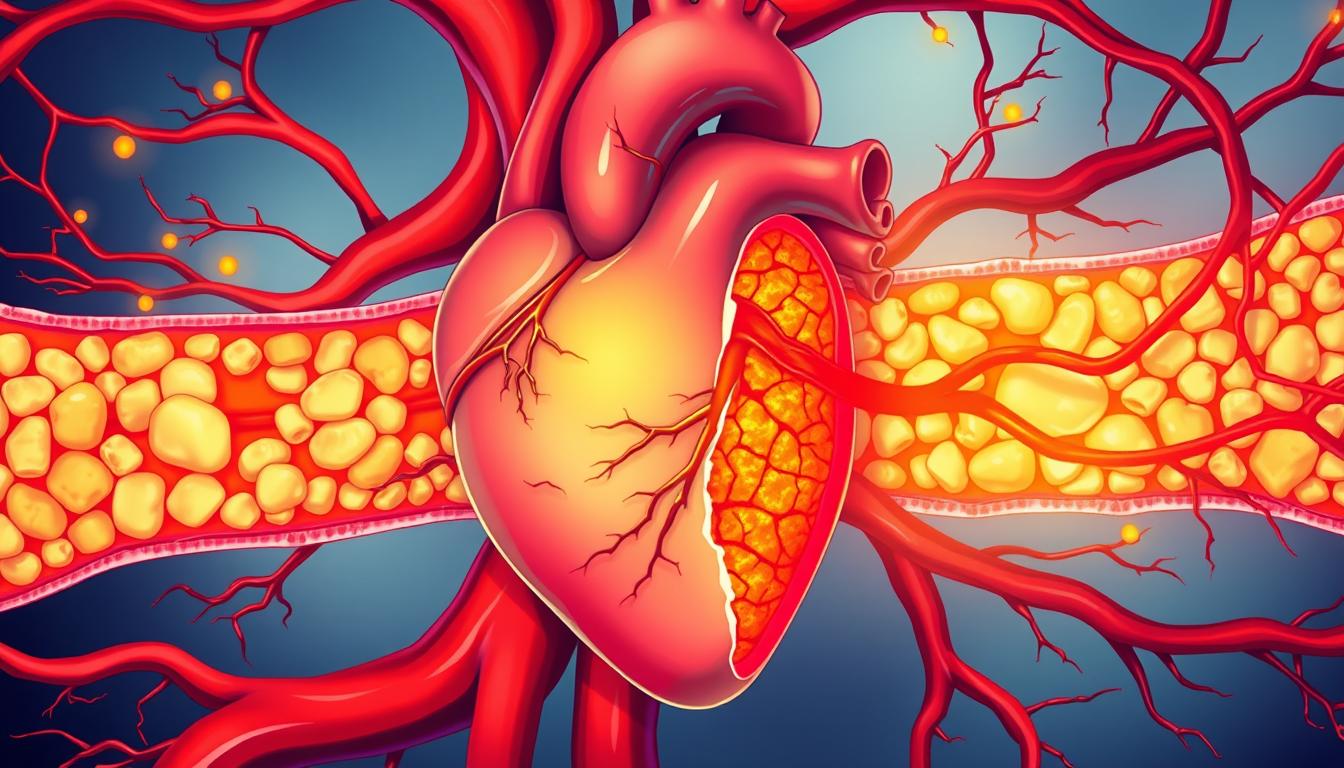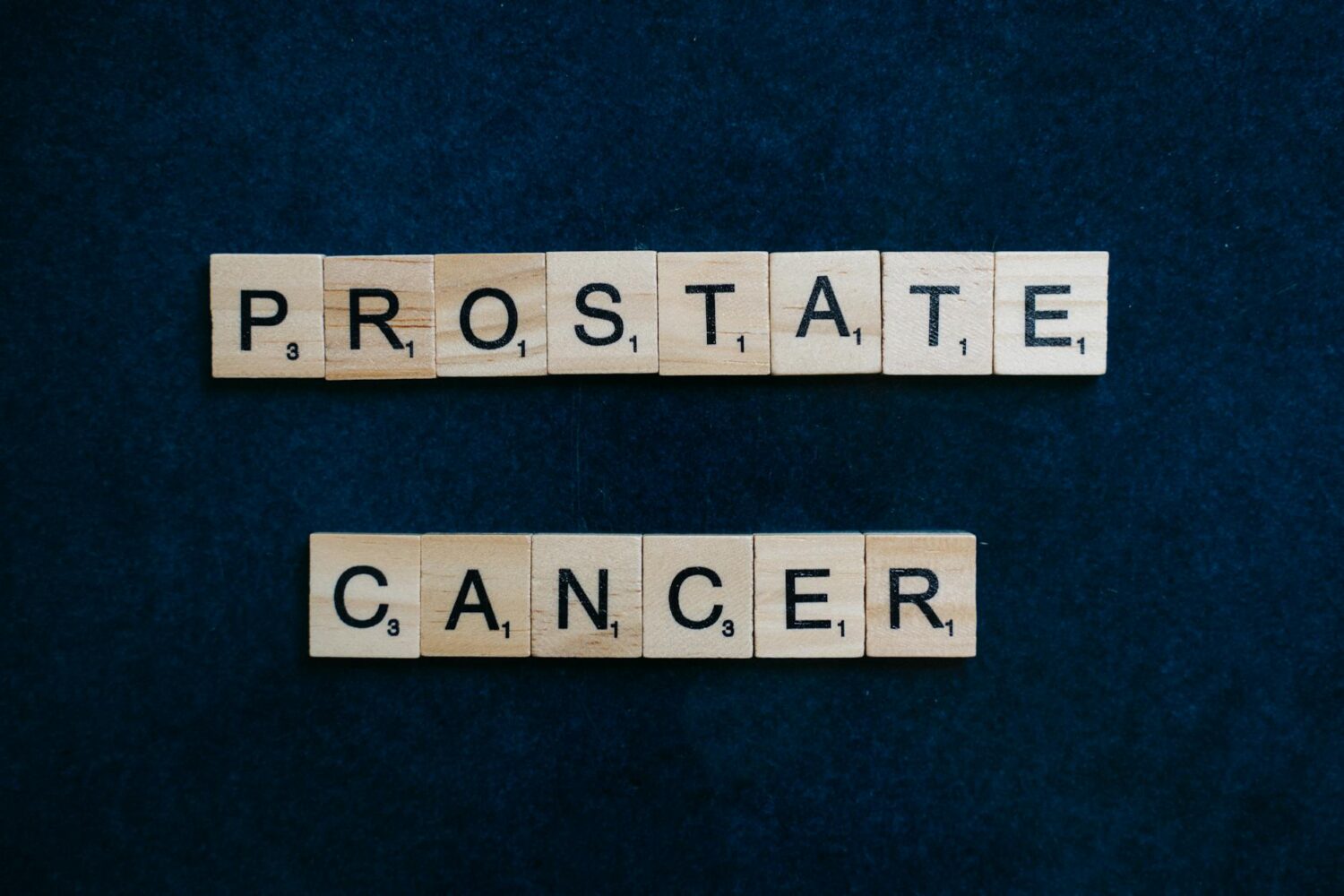Prostate swelling, also known as benign prostatic hyperplasia (BPH) or an enlarged prostate, is very common. It affects many men, especially as they get older. This condition can cause bothersome urinary symptoms, like needing to go to the bathroom often. For many, it also impacts daily life and, significantly, sexual health.
This article aims to clear up how an enlarged prostate and sexual function are connected. We will tackle common worries and give clear, helpful facts for men and their partners. It’s important to understand these links.
Prostate swelling can change your intimate life. Understanding the condition and available solutions can lead to fulfilling sexual experiences. You can still enjoy closeness and intimacy. Learning more is the first step.
Understanding Prostate Swelling (Benign Prostatic Hyperplasia – BPH)
What is the Prostate and Its Function?
The prostate gland is a small organ found in men. It sits just below the bladder and surrounds the urethra, the tube that carries urine out of the body. Normally, it’s about the size of a walnut.
The prostate plays a key role in the male reproductive system. It makes a fluid that nourishes and transports sperm. This fluid mixes with sperm and other fluids to create semen.
What Causes Prostate Swelling?
The main reason for prostate swelling is a condition called benign prostatic hyperplasia, or BPH. This is not cancer and does not raise your risk of prostate cancer. It simply means the prostate cells have grown larger.
Doctors believe hormonal changes, especially those tied to aging, play a big part. As men get older, their hormone balance shifts, which can lead to prostate tissue growth. This growth causes the gland to get bigger.
Common Symptoms of an Enlarged Prostate
An enlarged prostate often causes urinary problems. You might feel a frequent need to urinate, even at night (nocturia). A weak urine stream or difficulty starting to pee are also common signs. Sometimes, you might feel an urgent need to go, or feel like your bladder isn’t fully empty.
It’s important to know that symptoms can vary a lot from person to person. Some men with very large prostates have few symptoms. Others with only slight enlargement might have serious issues. The size of the prostate doesn’t always match how bad the symptoms are.
How Prostate Swelling Affects Sexual Health
Impact on Erection Quality
Men with an enlarged prostate sometimes face issues with achieving or keeping an erection. This is also known as erectile dysfunction (ED). The pressure from an enlarged gland can affect nearby nerves or blood vessels. These nerves and vessels are important for getting a firm erection.
The physical changes from BPH might make it harder for blood to flow correctly to the penis. This can impact how well erections work. Worry about urinary symptoms can also add stress, making ED worse.
Changes in Ejaculation
Prostate swelling can also lead to changes in ejaculation. You might notice a decreased force during ejaculation or a reduced amount of ejaculate. Some men even experience painful ejaculation. These changes can be upsetting and affect a man’s sexual confidence.
The prostate’s role in creating seminal fluid means its health directly impacts ejaculation. Problems here can make men feel less desirable or capable. This can lead to stress and avoidance of sexual activity.
Libido and Sexual Desire
Does an enlarged prostate directly lower your sex drive? Not usually on its own. However, changes in sexual function can indirectly reduce desire. If you’re struggling with ED or ejaculation issues, you might feel less eager for sex.
Underlying health conditions, like diabetes or heart disease, can also affect both BPH and libido. Certain medications for other health issues might also play a role. It’s always good to consider all factors when thinking about sexual desire.
Medical Treatments for Prostate Swelling and Sexual Well-being
Medications for BPH and Their Sexual Side Effects
Several medicines can help manage BPH symptoms. Alpha-blockers relax the muscles in the prostate and bladder neck, making it easier to urinate. Common ones include tamsulosin (Flomax) or silodosin (Rapaflo). While they improve urinary flow, they can sometimes cause issues like retrograde ejaculation, where semen goes into the bladder.
Another class of drugs, 5-alpha-reductase inhibitors like finasteride (Proscar) or dutasteride (Avodart), shrink the prostate over time. These can lower libido, cause erectile problems, or reduce ejaculate volume. If you notice these sexual side effects, talk to your doctor. They might suggest changing your dose or trying a different drug.
Surgical and Minimally Invasive Options
When medications don’t work well, or symptoms are severe, surgery might be an option. Transurethral resection of the prostate (TURP) is a common procedure. During a TURP, the surgeon removes excess prostate tissue that is blocking urine flow. Laser surgeries, like GreenLight laser therapy, offer similar benefits with less bleeding.
Other less invasive options include UroLift or Rezum Water Vapor Therapy. These treatments help open the urethra without removing much tissue. Most procedures aim to improve urinary symptoms. They can positively impact sexual function by easing discomfort. However, some, especially TURP, carry a risk of retrograde ejaculation. It’s key to discuss these risks and expected outcomes with your doctor.
Erectile Dysfunction Treatments
If you experience ED alongside BPH, specific treatments can help. PDE5 inhibitors, like sildenafil (Viagra) or tadalafil (Cialis), are often prescribed. These pills help increase blood flow to the penis, making erections easier. Your doctor might suggest these even while you manage your BPH.
Other options include penile injections or vacuum devices. It’s vital to talk openly with your doctor about your ED concerns. They can help figure out the best treatment plan that works with your prostate health.
Maintaining Intimacy and Addressing Concerns
Open Communication with Your Partner
Dealing with prostate swelling and its effects on sex can be tough. It’s incredibly important to talk to your partner. Share your symptoms, your worries, and how you feel. Starting these conversations can be sensitive. Try choosing a calm, private moment.
Explain what you’re going through simply and honestly. Your partner’s understanding and support can make a huge difference. This open talk can ease anxiety for both of you.
Exploring Alternative Forms of Intimacy
Sexual intimacy doesn’t always mean penetrative sex. An enlarged prostate might make some activities difficult. But there are many other ways to share closeness. Focus on non-penetrative acts like touching, kissing, or manual stimulation.
Emotional connection is also a big part of intimacy. Spend quality time together. Talk about your feelings. These actions can deepen your bond. They remind you that intimacy is about more than just intercourse.
Seeking Professional Support
If prostate swelling impacts your sex life, don’t hesitate to get help. Talk with your urologist or primary care physician. They understand these issues. It’s common for men to feel shy about discussing sexual health.
Remember, doctors deal with these concerns all the time. Being open with them lets them give you the best advice and treatment. They can offer solutions tailored just for you.
Lifestyle and Preventative Measures
Dietary Considerations
What you eat can affect your prostate health and overall well-being. A diet rich in fruits, vegetables, and healthy fats may support your prostate. Foods high in antioxidants, like berries or leafy greens, are a good choice. Some research suggests that tomatoes, which contain lycopene, might be beneficial.
Drinking enough water is also important for urinary function. Staying well-hydrated helps your body flush out toxins. This can support your bladder and prostate health.
Exercise and Pelvic Floor Health
Regular physical activity benefits your whole body, including your circulation. Good blood flow is essential for sexual function. Aim for a mix of aerobic exercises and strength training. Even brisk walking can make a difference.
Pelvic floor exercises, often called Kegels, can also be helpful. These exercises strengthen the muscles that support your bladder and bowels. For men, Kegels may improve urinary control and potentially enhance sexual function. Ask your doctor or a physical therapist how to do them correctly.
Stress Management
Stress impacts your entire health, and that includes sexual function. High stress levels can worsen urinary symptoms and even affect your libido. Finding ways to manage stress is key.
Try techniques like meditation, deep breathing exercises, or yoga. Spending time on hobbies you enjoy can also help reduce stress. Getting enough sleep is another important step. A calmer mind often leads to a healthier body and a better sex life.
Conclusion
Prostate swelling is a common condition for many men. It can certainly affect your sexual health, bringing changes in erection quality, ejaculation, and even desire. However, it’s vital to know that you’re not alone, and solutions exist.
Consulting healthcare professionals, like your urologist, is the most important step. They can diagnose your condition accurately and suggest the best treatment plan for you. Openly discussing your sexual health concerns with them is crucial for finding effective help.
Maintaining a fulfilling sex life is possible, even with BPH. Good communication with your partner, exploring different forms of intimacy, and proactive health management are key. With understanding and the right support, you can continue to enjoy intimacy and closeness in your life.












